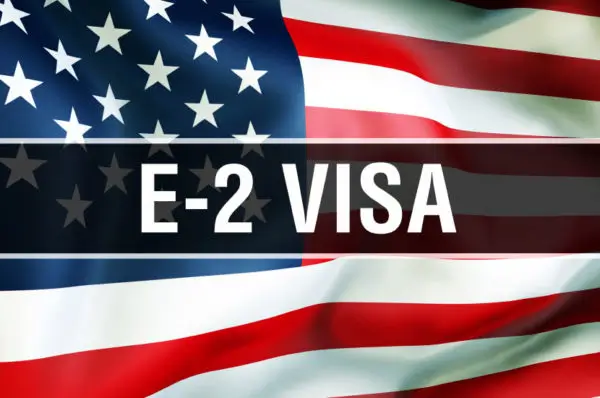
What the ‘No Tax on Tips’ Law Means for Workers and Businesses in 2025
1 de agosto de 2025
LLC vs Corporation: Which Structure Fits Your Business Best?
2 de setembro de 2025The U.S. remains one of the most attractive destinations for entrepreneurs worldwide. For foreign founders and investors, understanding startup visa options alongside tax implications is critical for a successful business launch. Proper planning can prevent costly mistakes and ensure compliance with both immigration and tax laws.
Popular U.S. Startup Visas
-
E-2 Investor Visa
-
For nationals of countries with a treaty with the U.S.
-
Requires significant investment in a U.S.-based business.
-
Provides the right to live and work in the U.S. while managing the business.
-
-
EB-5 Immigrant Investor Visa
-
Offers permanent residency for investors who invest at least $800,000–$1 million in a U.S. business that creates jobs.
-
Ideal for high-net-worth entrepreneurs and investors.
-
-
L-1 Intracompany Transfer Visa
-
For executives or managers moving from a foreign company to a U.S. branch or affiliate.
-
Enables businesses to expand operations in the U.S. efficiently.
-
-
O-1 Visa for Individuals with Extraordinary Ability
-
Suitable for founders with exceptional achievements in business, science, or technology.
-
Temporary visa but can be renewed with proper documentation.
-
Tax Considerations for Startup Entrepreneurs
-
Business Entity Selection
-
LLC, S-Corp, or C-Corp choice affects liability, taxation, and ability to attract investors.
-
-
U.S. Residency and Worldwide Income
-
Once you become a U.S. tax resident, you are taxed on global income.
-
Pre-immigration tax planning is recommended for founders relocating.
-
-
Capital Gains and Equity Compensation
-
Founders receiving stock options or equity must understand taxation on vesting and exercise.
-
Planning can minimize taxes and maximize returns upon exit.
-
-
State-Specific Taxes
-
Each state has unique rules regarding corporate, franchise, and personal taxes.
-
Choosing the right state for incorporation and residence impacts overall tax liability.
-
Common Mistakes to Avoid
-
Launching without proper visa or immigration planning
-
Ignoring U.S. tax residency rules until after arrival
-
Misclassifying employees or contractors, leading to payroll penalties
-
Failing to leverage pre-immigration tax planning
FAQs (for SEO / Rich Snippets)
Which visa is best for startup founders?
Depends on nationality, investment amount, and long-term plans. E-2 and EB-5 are most common for investors; O-1 is suitable for exceptional founders.
Do I pay U.S. taxes immediately after obtaining a visa?
Tax residency rules determine when you start paying U.S. taxes on worldwide income. Proper planning ensures compliance.
Can a startup founder switch visa types?
Yes, with legal guidance, founders can transition between visas as their business grows and circumstances change.
Final Thoughts
Launching a business in the U.S. as a foreign entrepreneur requires careful coordination of visa planning, business structure, and tax strategy. Understanding your options early, working with immigration and tax professionals, and aligning your business goals with U.S. regulations increases the likelihood of long-term success.




